- calendar_month September 20, 2024
- folder Community Engagement
Sharing Tags
Fire Hazards, Hoarding Neighbors, Homeowner Tips, Los Angeles Real Estate, Neighborhood Issues, Property Safety, Property Value Protection, Real Estate Advice, Real Estate Ordinances
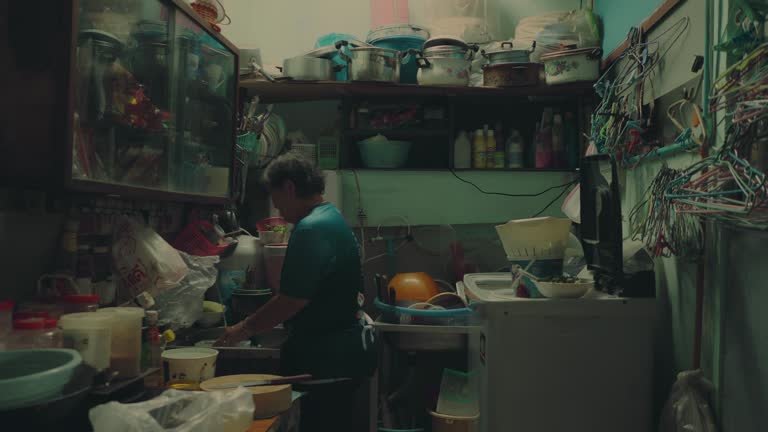
I’m Nathan Derry with JohnHart Real Estate, and today I want to address a sensitive yet important issue that can affect homeowners: dealing with a hoarding neighbor. While it’s easy to sympathize with someone who struggles with hoarding, the reality is that it can have serious consequences on the safety, cleanliness, and property values of the surrounding homes. If you’re facing this situation, you may wonder what steps you can take—both to help your neighbor and to protect your own home.
Let’s explore what hoarding is, what ordinances are in place in Los Angeles, and the steps you can take if you find yourself living near someone whose hoarding behavior is escalating.
What Is Hoarding?
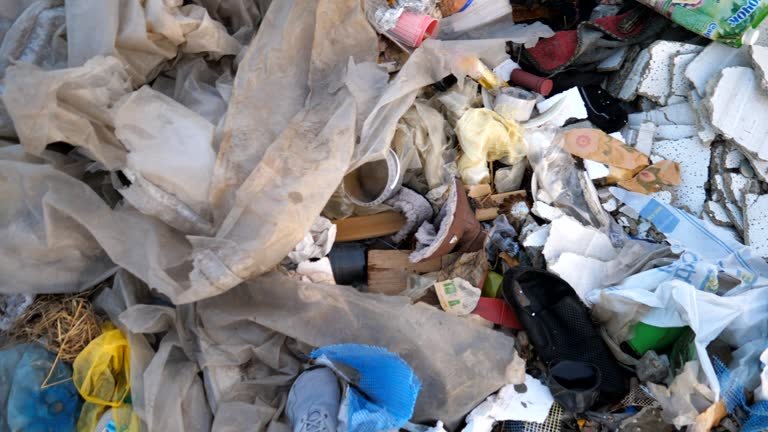
Hoarding is a condition where a person accumulates excessive amounts of items—often to the point that it creates safety hazards. This can range from piles of newspapers and clothing to a buildup of trash or even hazardous materials. Unfortunately, hoarding can pose risks not only to the hoarder but also to their neighbors. These risks include:
- Fire Hazards: Cluttered homes can become major fire risks, making it difficult for emergency responders to access the property.
- Health Concerns: Accumulated garbage and other items can attract rodents and pests, leading to sanitation issues.
- Structural Damage: Hoarding can cause serious damage to the property itself, which may have repercussions for nearby homes.
- Decreased Property Values: The condition of one home can impact the entire neighborhood's appearance and desirability, potentially lowering property values.
Los Angeles Ordinances on Hoarding
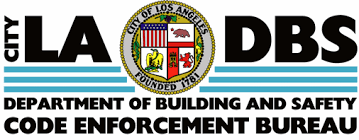
In Los Angeles, hoarding is regulated under a combination of fire codes, health regulations, and building ordinances. Here are some key regulations that may apply:
-
Los Angeles Fire Code: Excessive clutter and blocked exits create fire hazards, which are a violation of the fire code. Fire inspectors can issue citations if they find that a home presents a significant danger due to hoarding.
-
Health and Safety Codes: The Los Angeles County Department of Public Health may get involved if hoarding leads to unsanitary conditions that affect public health, such as rodent infestations or sewage problems.
-
Building Code Violations: If hoarding compromises the structural integrity of the property, or if it creates unsafe living conditions, the city’s building inspectors may issue notices or even condemn the property.
If the hoarding situation is extreme, city officials can intervene and, in some cases, declare the home uninhabitable.
What Can You Do as a Neighbor?

If you suspect a neighbor is struggling with hoarding, it’s important to act carefully and thoughtfully. Here are the steps you can take:
1. Start with a Conversation
If you feel comfortable, try speaking with your neighbor. They may be unaware of how serious the situation has become. Express your concerns in a non-judgmental way, focusing on how the clutter is affecting safety and the neighborhood. Sometimes, a gentle nudge is all they need to seek help.
2. Document the Situation
Keep a record of the conditions that concern you, such as clutter spilling over into common areas, odors, or pest problems. Photos and notes may be useful if the situation worsens or if authorities need more information.
3. Report to Local Authorities
If the situation doesn’t improve, it may be necessary to contact local authorities. In Los Angeles, you can report dangerous hoarding situations to:
- Los Angeles Department of Building and Safety: They handle issues related to property violations and unsafe living conditions.
- Los Angeles County Fire Department: If there is a fire risk, the fire department can inspect the property and issue a citation if necessary.
- Los Angeles County Department of Public Health: For situations that present health hazards, such as rodent infestations, this department can intervene.
- Los Angeles Animal Services (LAAS): This city agency investigates animal cruelty and neglect cases. You can report concerns anonymously if necessary.
- Los Angeles County Department of Animal Care and Control (DACC): DACC can investigate cases in unincorporated areas and may remove animals if necessary to protect their well-being.
- Department of Public Health: If the property is posing a public health risk, the Los Angeles Department of Public Health may step in to address sanitation or disease concerns.
When you report a concern, you can typically remain anonymous, which may be helpful if you want to avoid conflict with your neighbor.
4. Consider Mediation or Professional Help
In some cases, your neighbor may be open to professional help. Los Angeles has several resources for people struggling with hoarding, including mental health professionals and cleaning services that specialize in hoarding situations. You can also suggest mediation services to help resolve the situation in a way that feels more collaborative.
5. Understand the Legal Process
If hoarding leads to an extreme situation, authorities may take legal action, including ordering cleanup or even evicting the resident if the property is deemed uninhabitable. This process can be lengthy, so it’s essential to stay patient and persistent if you feel the situation is becoming dangerous.
What If It's Animal Hoarding?
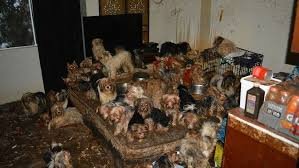
Animal hoarding occurs when someone accumulates an excessive number of animals without the ability to provide adequate care for them. Unlike responsible pet ownership, animal hoarding typically leads to unsanitary conditions, malnourished or sick animals, and a property that poses health and safety risks to the hoarder, the animals, and neighbors.
Animal hoarding is recognized as a mental health issue, often linked to disorders such as obsessive-compulsive disorder (OCD) or anxiety. Many animal hoarders believe they are rescuing or helping animals, but the reality is that they cannot properly care for the large number of animals they take in.
Why Is Animal Hoarding Dangerous?
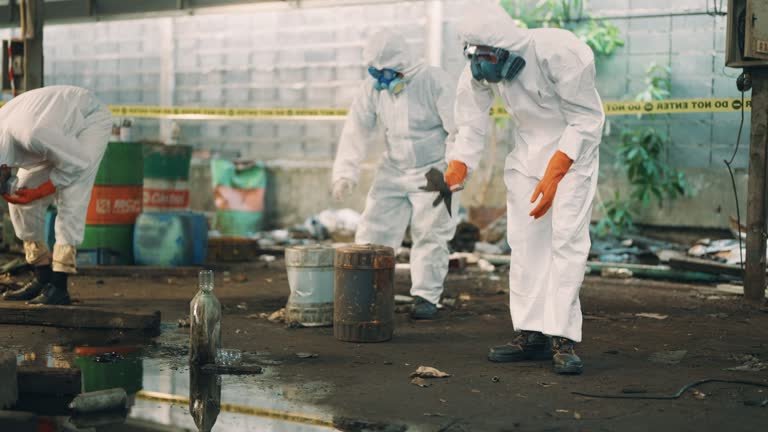
There are several reasons why animal hoarding is a serious issue, affecting both human and animal health:
- Health Risks to Animals
- Health Risks to Humans
- Community Impact
As tempting as it may be to rescue animals yourself or attempt to intervene directly, it’s crucial to let professionals handle the situation. Removing animals without permission or professional involvement can complicate legal proceedings and make the situation worse. Instead, work with the proper authorities to ensure the animals are treated humanely and that your neighbor gets the help they need.
Taking Action Helps Everyone
Hoarding is a complex issue that affects more than just the person doing the hoarding—it endangers the animals, the hoarder, and the entire community. If you suspect a neighbor is hoarding animals, taking action early can make a huge difference in both improving the situation and preventing further harm. While it may feel uncomfortable to report a neighbor, doing so can ultimately help them and ensure the well-being of the animals in their care.
If you have any concerns about how animal hoarding may be affecting your property or neighborhood, or if you need advice on how to handle similar situations, don’t hesitate to reach out to me. I’m always here to help guide you through these challenges while ensuring the safety and value of your home and community.
All the best,
Nathan Derry, Realtor
RESOURCES
https://ladbs.org/docs/default-source/publications/misc-publications/procedures-to-report-a-code-violation.pdf?sfvrsn=b09dfe53_6
For exterior hoarding, contact the Fire Department at firemarshal@lacity.org
https://file.lacounty.gov/SDSInter/dmh/216946_Guidebookforonline.pdf
https://file.lacounty.gov/SDSInter/dmh/159929_hoarding_fact_sheet.pdf
To report an animal hoarder in Los Angeles, contact the LA Animal Services at (888) 452-7381; you can also report animal cruelty through their website or by contacting the spcaLA Cruelty Tipline at (800) 540-SPCA (7722).
- Neglect and Malnourishment: Hoarded animals often suffer from malnutrition, lack of medical care, and unsanitary living conditions. These animals may become ill, injured, or even die due to the lack of basic necessities like food, water, and shelter.
- Disease Spread: In overcrowded and unclean environments, diseases spread quickly among animals. This can lead to outbreaks of conditions like respiratory infections, parasites, or worse, which may be life-threatening for the animals involved.
- Unsanitary Conditions: Animal hoarding frequently results in unsanitary living conditions. Accumulations of animal waste, urine, and feces can create strong odors, breed harmful bacteria, and attract pests such as rodents and flies.
- Zoonotic Diseases: Certain diseases, such as toxoplasmosis or ringworm, can spread from animals to humans. This poses a significant health risk to the hoarder, any visitors to the property, and neighbors who may be exposed to contaminated materials.
- Structural Damage: The accumulation of animals and their waste can cause severe damage to the home itself. Animal hoarding often results in weakened floors, broken windows, and other forms of structural damage that make the property unsafe for residents and emergency responders.
- Odor and Noise: Neighbors often notice the problem due to overpowering odors or constant noise from barking, meowing, or other animal sounds. These disturbances can negatively affect the quality of life in the surrounding area.
- Property Values: A nearby home that is the site of animal hoarding can lower property values in the neighborhood. The visible neglect of the home and the potential for hazardous conditions can make neighboring properties less attractive to potential buyers.
- Los Angeles Animal Services (LAAS): This city agency investigates animal cruelty and neglect cases. You can report concerns anonymously if necessary.
- Los Angeles County Department of Animal Care and Control (DACC): DACC can investigate cases in unincorporated areas and may remove animals if necessary to protect their well-being.
- Department of Public Health: If the property is posing a public health risk, the Los Angeles Department of Public Health may step in to address sanitation or disease concerns.

📍JohnHart Real Estate
📞(424) 303-0440
📧 nathan@jhagents.com
👨🏽💻 itsnathanderry.com
You deserve the opportunity to work with an ethical agent. Please give me a call today and let’s discuss your unique needs.
Interested in seeing a property or one of my off market properties in person? Contact me today! Who you hire matters!!!
Ready to make the best move of your life… let’s chat today!
